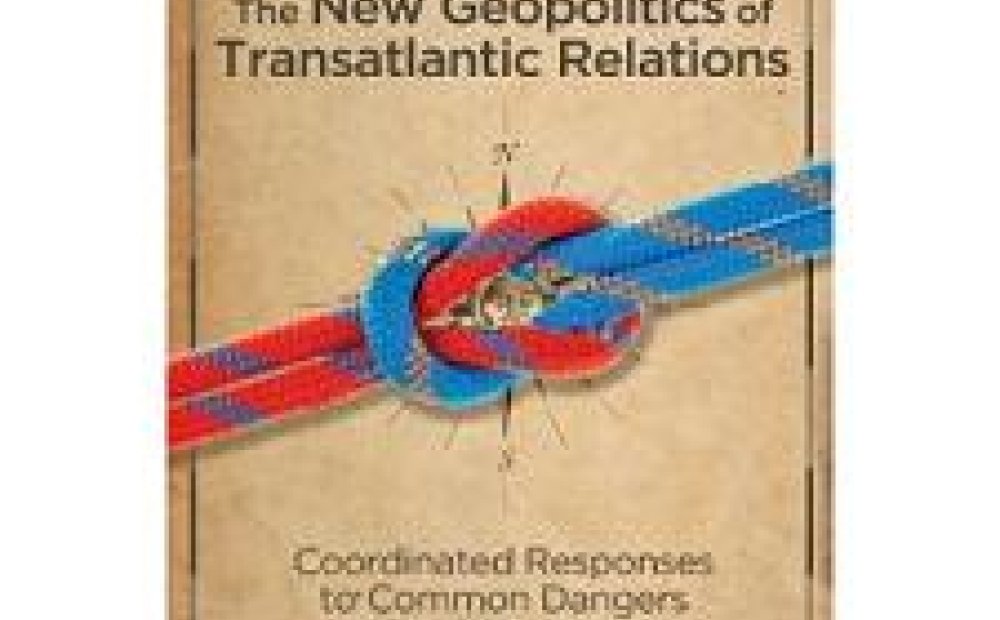The New Geopolitics of Transatlantic Relations: Coordinated Responses to Common Dangers

The United States and Europe encounter many of the same foreign policy challenges, challenges that diversely impact the two regions and produce different-but often complementary-responses. In his latest book "The New Geopolitics of Transatlantic Relations: Coordinated Responses to Common Dangers," author Stefan Fröhlich develops a framework for future U.S.-Europe relations as the two world powers work toward meaningful and logical solutions to their shared foreign policy problems.
Joining Fröhlich will be Jack Janes, Executive Director of the American Institute for Contemporary German Studies at Johns Hopkins University, and Dan Hamilton, Austiran Marshall Plan Foundation Professor and Director of the Center for Transatlantic Relations at Johns Hopkins University.
In "The New Geopolitics of Transatlantic Relations," Stefan Fröhlich identifies commonalities and differences in the two regions' economic aims, political habits, and cultural history. What Europe and the United States share means that their future relations should and will be more than occasional collaborations, even if they no longer pursue a common mission. Ultimately, the book in a unique way sets forth a new transatlantic agenda by providing a multi-dimensional approach covering the most relevant geo-strategic, -political, and -economic trends in transatlantic relations. Though combined efforts of Europe and the US may no longer enable them to realize their political agendas, the transatlantic partnership is more crucial than ever. At a time when the new global political realities are pointing at at decline of Western domination, the author argues for more deliberate US-EU cooperation, as the only way to exert political and economic pressure on a reassertive Russia, a rising China, and other emerging countries to comply with the international rules of law and engage them in a shared responsibility for global leadership.
Speakers
Professor, International Politics at the University of Erlangen-Nürnberg

Hosted By

Global Europe Program
The Global Europe Program is focused on Europe’s capabilities, and how it engages on critical global issues. We investigate European approaches to critical global issues. We examine Europe’s relations with Russia and Eurasia, China and the Indo-Pacific, the Middle East and Africa. Our initiatives include “Ukraine in Europe”—an examination of what it will take to make Ukraine’s European future a reality. But we also examine the role of NATO, the European Union and the OSCE, Europe’s energy security, transatlantic trade disputes, and challenges to democracy. The Global Europe Program’s staff, scholars-in-residence, and Global Fellows participate in seminars, policy study groups, and international conferences to provide analytical recommendations to policy makers and the media. Read more


History and Public Policy Program
A leader in making key foreign policy records accessible and fostering informed scholarship, analysis, and discussion on international affairs, past and present. Read more
